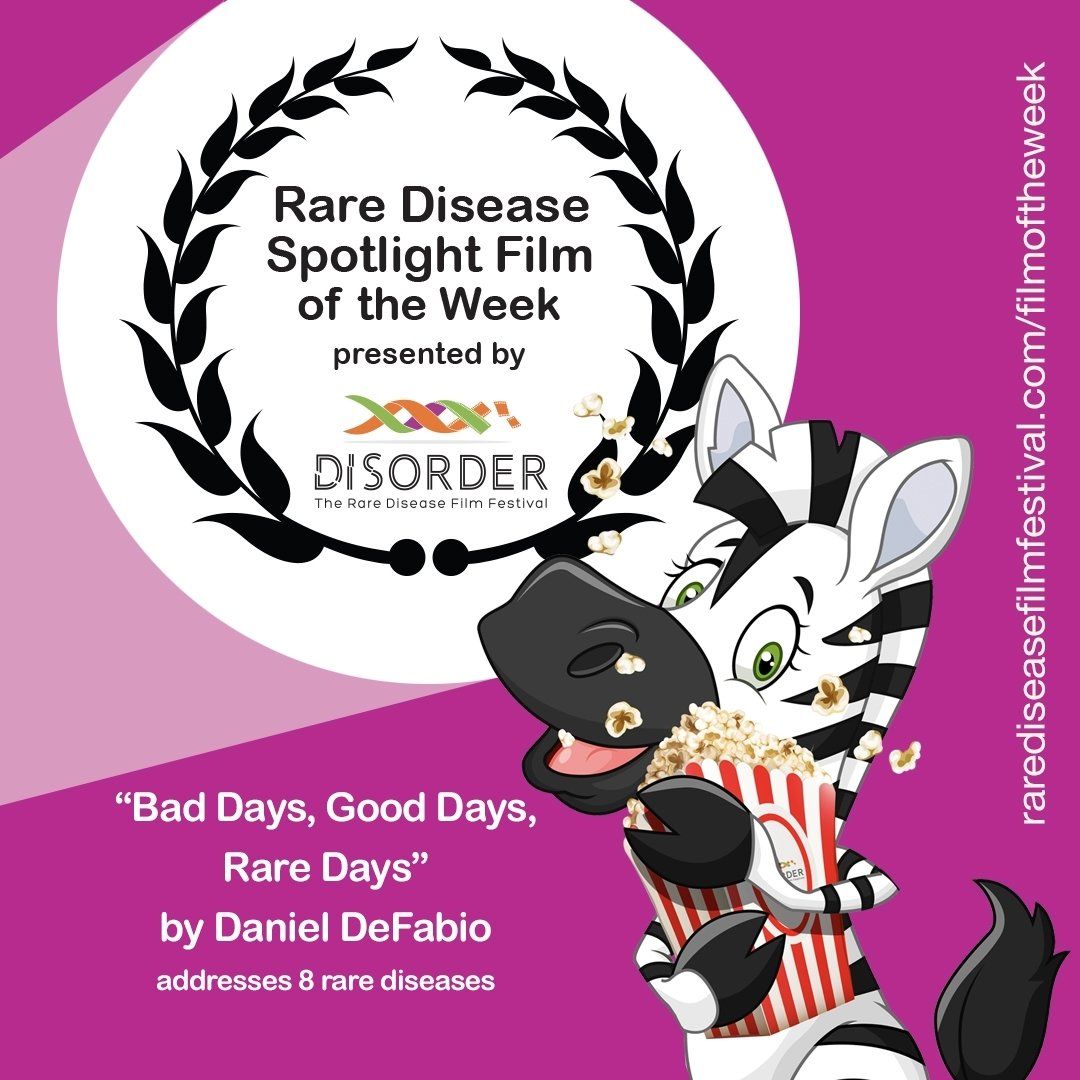Reflections on the rare disease film “Good Days, Bad Days, Rare Days”

During the interviews, I found myself crying because I saw myself in them. I heard my words, my thoughts and my feelings in their words. It was as if I was sitting across from myself. I know the pain of which they are speaking. I experience the hope that they feel. I share many of the same wishes and dreams that they have for their own children. I also know the urgency and call to action they feel. It made me feel a part of a larger community. It made me feel less alone. The isolation and loneliness that come with having a child with a rare disease are suffocating. It is indeed rare to feel like someone else truly understands what it is like to care for someone who is rare. The true beauty of this film is the power to see your own story in others and realize you are a part of a community even larger than your own rare disease community.
In the early days, there were lots of tears surrounding Jules’ diagnosis. Jules has Okur-Chung Neurodevelopmental Syndrome (“OCNDS”). Individuals with OCNDS are prone to speech delay or the inability to speak, epilepsy, global developmental delay, autism spectrum disorder traits, structural abnormalities in the brain, difficulty feeding and much more. To date, there are over a 100 cases worldwide. These days I don’t cry much. This life is a new normal. I channel my grief, fear and tears into working tirelessly to help other families with OCNDS feel less alone and to fund research to cure OCNDS. However, after I had the privilege of speaking to these amazing humans, I went to my car and I did the “Oprah ugly cry” because this journey, it is hard. There’s no other eloquent way to say it. There are many moments in which you can literally feel your heart breaking. Your lowest of low is to see your child in agony and pain, and there’s nothing you can do about it. In those moments, you try to remind yourself that life is made up of small, tiny moments. You tell yourself, “you will get through it” and “this moment will end and you will see a smile on her face again.” But, when you see your child in so much pain and agony, one second seems like a lifetime. It feels like it is never going to end and that you are alone.
I hope when you watch DeFabio’s film that you see yourself in others’ stories and you feel less alone. There are over 300 million people who feel like you do. I also hope you give yourself a moment to cry and then a moment to reflect on what an incredible advocate you are, and what a badass human you are! There are people who know what you are going through. We are stronger together; WE ARE YOU.
Thank you Daniel DeFabio for this beautiful reminder that we are NOT alone!
#weareyou #ocnds #strongertogether #HopeIntoAction #boschboonstraschaafopticatrophysyndrome #epidermolysisbullosa #ichthyosis #dyskinesia #syngap1 #menkesdisease #cu29 #ADCY5 #disorder
